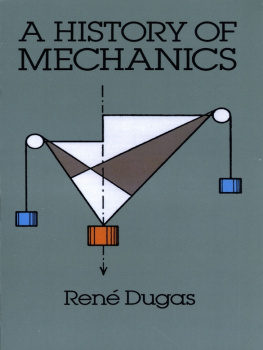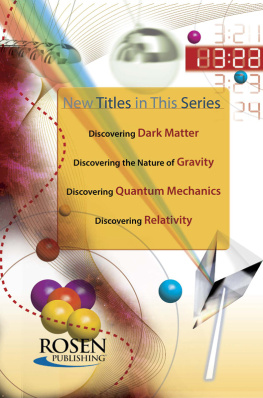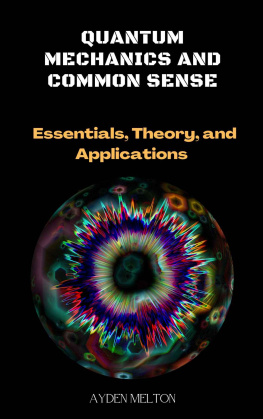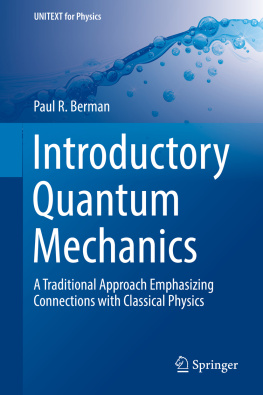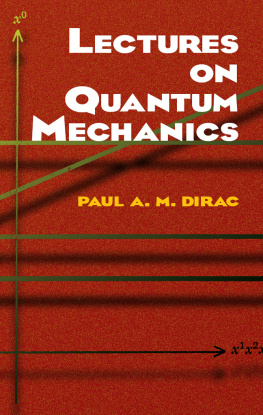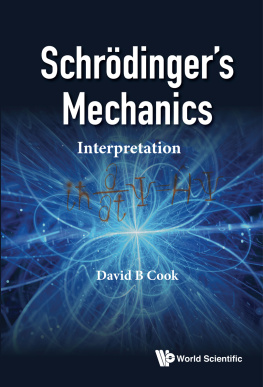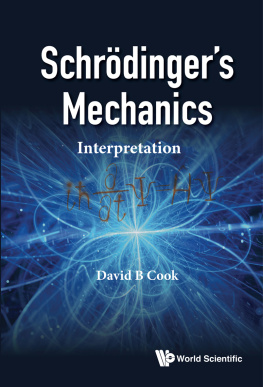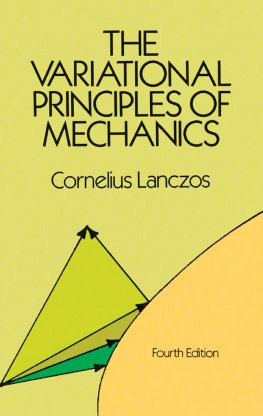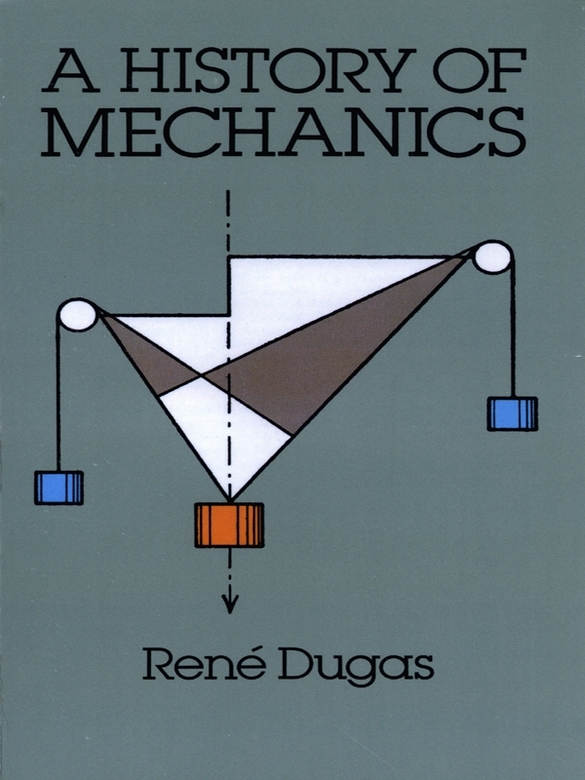SOME REMARKS BY WAY OF A GENERAL CONCLUSION
To write history, as to teach, is before everything, to choose. The reader who has been willing to follow us to the end of this book will certainly be able to complain of some arbitrariness in the choice which has been made.
Above all, we have confined ourselves to the principles, in which it appears that the essential difficulty of mechanics lies; we have not been concerned with the accumulation of facts.
As long as one remains in the paths opened up by the forerunners almost nothing is lost by this. For their efforts were directed almost exclusively to the isolation of principles that neither pure reason, nor their crude experiment, could inspire them to find.
On the other hand, none of the attempts of the early students has survived in its original form and the principles of many of them, later, have had to be forsaken. Therefore there is no risk that, in following them, the didactic field will have been duplicated.
This danger arises more frequently as the organisation of mechanics tends to become more developedthat is, from the XVIIIth Century onwards. We are aware of having encountered it more than once.
Until Huyghens and Newton the mathematical tools in mechanics were reduced to their simplest form and, in passing, the resources of the simple rule of three can be admired. Then the use of the differential calculus became common in mechanics. Indeed, it was indispensable for the expression of the effect of a force in the first instant and, in Leibnizs hands, for the connection of the living force with the static force. Total differentials appeared, with Clairaut, in hydrostatics and partial differential equations, with Euler and dAlembert, in hydrodynamics. By the time of Lagrange the mathematical tools were highly perfected and became an essential feature of rational mechanics. In the modern physical theories of mechanics it has become necessary to use more elaborate procedures, like the absolute differential calculus and Riemann spaces in generalised relativity and abstract spaces in quantum mechanics.
This means that mechanics could not have evolved without having at its disposal, at each critical period, an adequate formulation and that, in this sense, it would appear linked to the progress of mathematics. It also means that, with the development of the formalism, there appears the danger of trusting in the tools of calculation and losing sight of the network of axioms. However rational it may be said to be, mechanics remains a branch of physics.
This branch only has a relative autonomy. Motion in a pure state does not exist. I have not treated, as being beside the strict purpose of this book, the relationship between mechanics and thermodynamics in the classical field.
In the modern physical theories of mechanics I have had to assume as given, without going back to their origins, the essential results of optics and electromagnetism. However, there exists a point of view of the student of mechanics which may be adopted without excessive arbitrariness. On the way, we have, to preserve historical accuracy, made some incursions into the domain of optics and electrodynamics. To recall only a single example, it was in optics, with Fermat, that the first minimum principle that was not trivial appeared. With Maupertuis, it was also an optical law (incorrect this time) that lay at the origin of the first form of the mechanical principle of least action. We note Hamiltons return to optics previous to his dynamical principle of stationary or varying action. With wave mechanics, with Louis de Broglie, appears a kind of fusion of the optical and mechanical principles of least action which, at least on the formal plane, recalls the dualistic aspect (emission and wave-propagation) of Hamiltons geometrical optics.
We have, in the course of this book, multiplied the quotations of original texts, only commenting on them for clarification when this, rightly or wrongly, appeared necessary to us. But we have restricted the length of these extracts to passages which seemed to us the most characteristic. The essential is that the reader, without being tired by repetitions and developmentswhich might occasionally make the original papers dull without adding anything really useful to their creative thoughtshould be taken back into the climate of the time and into the path, strewn with pitfalls, that the inventors followed. I emphasise this, for in the XVIIIth Century Clairaut, in his didactic works, was already speaking of the path that the inventors should have followed. This school of complaisance sees nothing in history. Shall I go as far as to say that I prefer the first classics sometimes so difficult to readfor the very fact of the difficulty they offer in the process of making contact with a new idea? Genius is not as simple as the philosophers of the XVIIIth Century would have had us believe.
Also, I excuse myself from philosophising on the principles of mechanics that lie on the margin of history. Here is a subject of study that offers a real interest; but it emphasises the part of the critic at the expense of that of the players themselves. The personality of the historian is in danger of being encumbered, his true task being that of selection and not that of appreciation. I have not forbidden myself some incidental appreciation which some might have preferred that I should have omitted, but most often I have left the reader free to form his own opinion of the extracts. The discussions which I have retraced are, for the greater part, those of the actual creators. They have a constructive character to the extent that they proclaim, or even allow of, an extension of the principles. The periods in which science confines itself to the exploitation of determinate premises are periods of latent incomprehension. Through not continually questioning the premises, one ends by falling asleep in a deceptive security. This was the case at the time of the appearance of relativity. On the other side, the universal attraction was not passed of as a dogma in Newtons time.
I would detract from the lesson of history by attempting to comment of the evolution of mechanics in bold outlines; this would only be possible by schematising it. Now to schematise would, most often, distort the actual succession of things, which, in general, exhibits no regularity. Further, in this book I have not taken partas I have done elsewherein the game of summarising, for example, the vicissitudes of the notion of force or those of the notion of kinetic energy. It is, indeed, a simple matter for the reader himself to indulge in this exercise by simply collating the material that we have put at his disposal. But he will quickly recognise that this game, however captivating it may seem, is often artificial. For the different keys to the problems of mechanics were not discovered independently, but are mutually interpenetrating.
I do not pretend to convince those who, on principle, feel that the history of science is an old-fashioned cult, and that each new generation, without looking back, must choose as quickly as possible the basic starting points of its progressive sciences. But from this to give all history of science the epithet of old curiosity shop would be too preposterous a step to take. Nothing is futile in scientific matters, not even the contemplation of the past. For this embodies the lesson of our vagaries, our scrupules, our illusions and our errors. Science did not progress by that harmonious path, the illusion of which is easily created after the event. The direct knowledge of the old works, however they may be outstripped today, can only enrich the perspective of the future which opens up before us.

